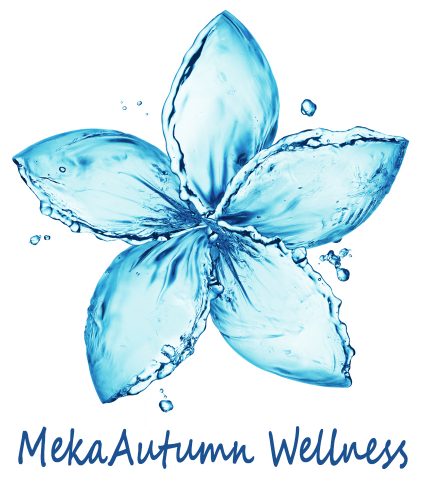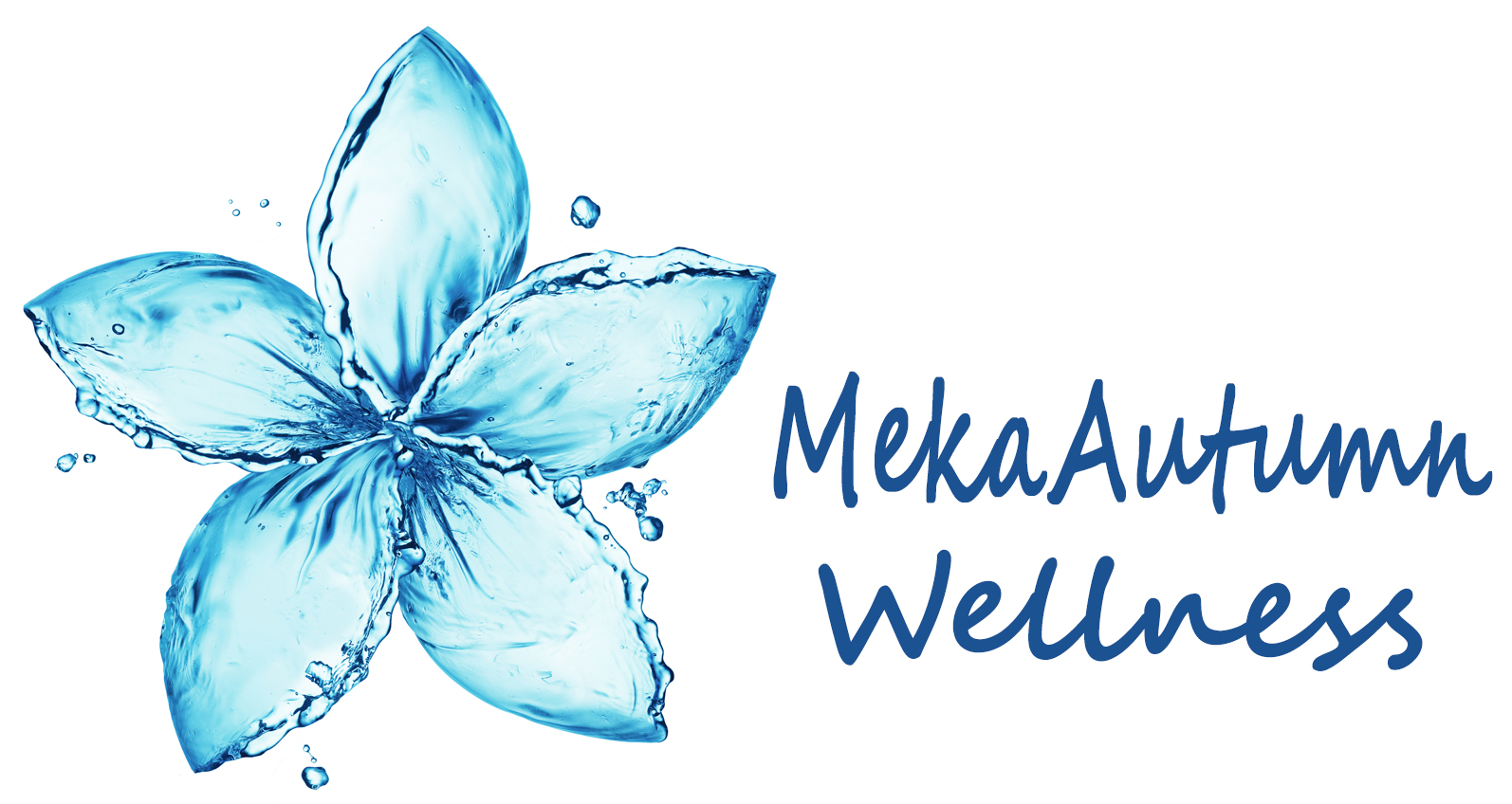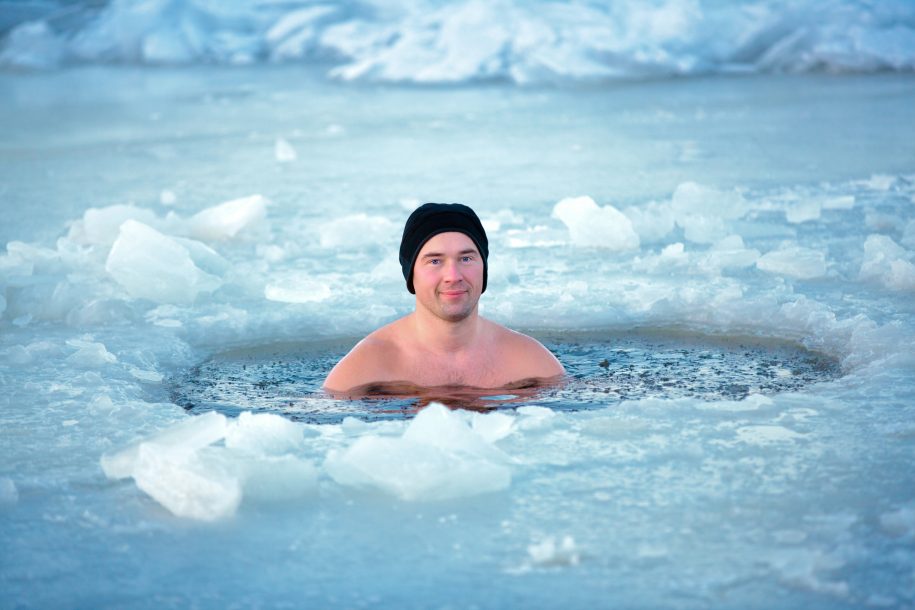Cold Water
SAILING FIT
By: Meka Taulbee
ACE Certified Personal Trainer
SAILFIT Inc
Cold Water
About 10 years ago I was asked how I felt about the effects of drinking cold water vs. warm water. At that time we were at a very hot regatta and you probably could have sold ice water for a pretty penny. I gave a rather non-committal answer and said I didn’t think it was a big deal to drink the cold water as long as the sailors were drinking something and staying hydrated. Later that day I saw another sailor who was so completely dehydrated that he was sick. The next day I watched him bring out a big cooler of ice water on his support boat. I have thought about this question and scene many times and every time I wish I could go back and change my answer to the first sailor and then better help that other sailor.
Our core body temperature can range anywhere between 97-100 degrees Fahrenheit. We are like a big walking furnace. When you introduce cold water to the fire it starts to extinguish it. When the fire starts to die everything moves slower and cannot function properly and efficiently. Consider this analogy. If you are inside your warm house with the fireplace going and you step outside, do you move very quickly and efficiently…no you shiver which is the body’s way of trying to create heat. If your body has to compensate for these reactions, due to the consumption of cold water, then how can your body put out its full effort for you to physically and mentally sail at an optimal level.
When you are cold the body tends to constrict and contract. This is one of the reasons I am always trying to get people to make sure they stretch before going sailing(to counteract the tightening of the muscles). This is the same effect consuming a cold beverage is going to have on the body internally. As much as I am trying push water on everyone, most times by the time they drink it they are already thirsty and therefore already dehydrated. If you are dehydrated and you drink cold water you are letting everything contract internally. Severe dehydration, as with the sailor that I mentioned earlier, causes symptoms such as dry heaving and abdominal cramping. The last thing you want in this situation is for your stomach and abdominal region to contract any more. This will only make the symptoms worsen. Something else to consider when you are sailing or doing any physical activity is that you need to be able to flush out the lactic acid buildup and any toxins in your system. If your body is in a constricted state rather than a relaxed state it will be more difficult for you to do this and can hinder your performance. It is said that cold water leaves the body quicker. While it may leave the body quicker than warm or room temperature water it is not being absorbed by your body and getting the chance to hydrate you. This is really defeating the goal of trying to keep you hydrated and using hydration to help prevent injury. I can attest to this from personal experience. During a long, hot training run where I brought water with me I was drawn to a water fountain that had ice cold water. Mine was already warm so I stopped and while it felt good at the moment I started to not feel so good shortly after. I continued to sip on my warm water and started to recover. Later in the run I was met by some supporters who brought me new water to carry that had ice in it. Again it seemed so refreshing, but I started to have abdominal cramps and became very slow. After a few runs where I noticed this trend I knew it was the cold water. On some days the cramping lasted for hours after the run. It is so hard to concentrate on anything and to keep a pace that this is really the last thing you want to happen when you are going to be on the water and competing for a few hours.
In addition to hindering hydration, consumption of cold foods and beverages weakens your digestion. While I have high hopes that all of you are eating clean and healthy foods on the water I know that race organizers are still handing out lunches that are far below par. These heavy foods that are often high in sugar and chemicals that preserve shelf life are already hard for the body to digest. Consuming some cold water on top of that poses a real challenge for the body. We are eating food on the water to help us maintain power and replace lost energy. In turn this will keep our blood sugar levels stay at an even keel further leading to the ability to make better tactical decisions and more efficient physical movements. You can see how this creates chain effect and that if your body has to focus the majority of its energy to digestion the chain gets broken. A healthy digestive system leads to a strong immune system. If you suppress digestion it can lead to illness and fatigue. Again this is the last thing you want to deal with while trying to be competitive on the water.
I am not saying that you need to drink hot water, but room temperature water is going to serve you much better than cold water. I know it is a change for many and it was for me too. However, after you become accustomed to it you will notice a big difference in how you feel on and off the race course.
I am happy to go into more detail or answer any questions about the topic, but this should at least give you something to think about!
SAILFIT creates fitness and nutrition programs using mind-body techniques to enhance sport performance. Each program is created specifically to the individual. Contact Meka at meka@sailfit.com for more information or go directly to our website www.sailfit.com.
Notes:
Barlow, J. S. (1999). Acupuncture in the Treatment of Children. Seattle: Eastland Press, Inc and Chinese Medicine Publications.
Reid, D. (1994). The Complete Book of Chinese Health & Healing. Shambhala Publications, Inc.




